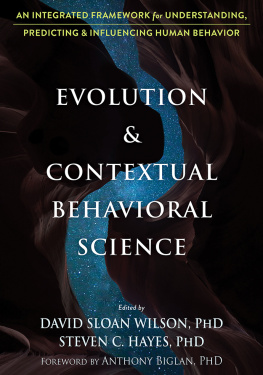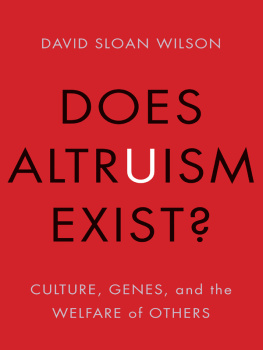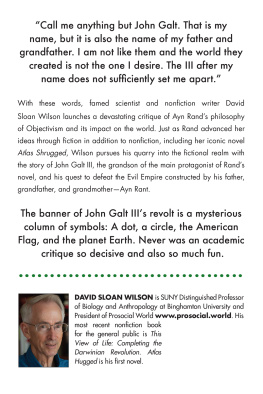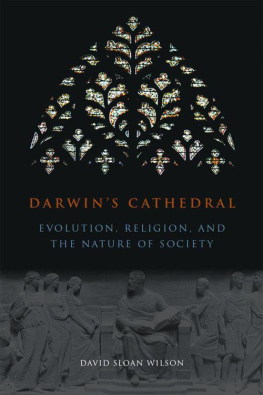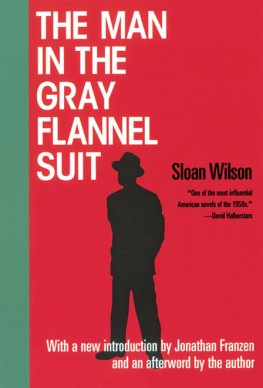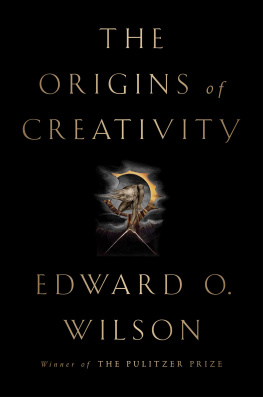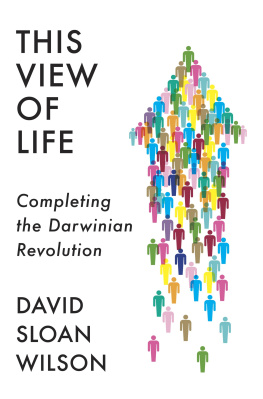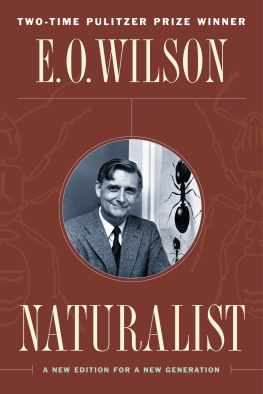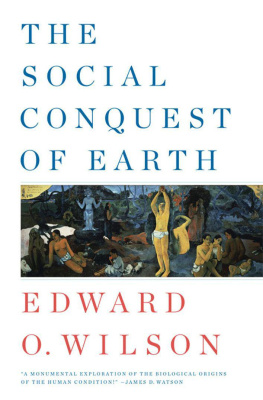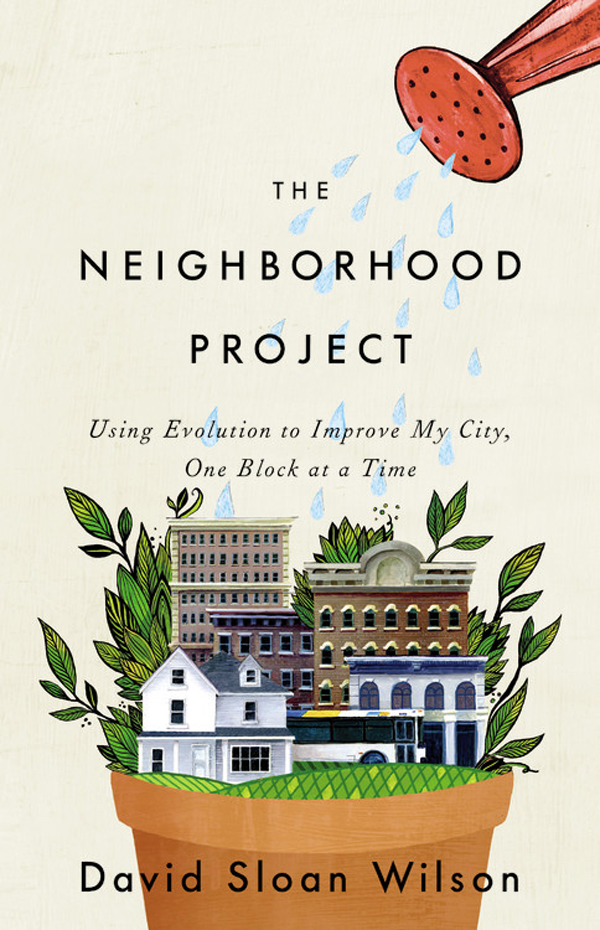Copyright 2011 by David Sloan Wilson
All rights reserved. Except as permitted under the U.S. Copyright Act of 1976, no part of this publication may be reproduced, distributed, or transmitted in any form or by any means, or stored in a database or retrieval system, without the prior written permission of the publisher.
Little, Brown and Company
Hachette Book Group
237 Park Avenue
New York, NY 10017
Visit our website at www.HachetteBookGroup.com.
www.twitter.com/littlebrown.
First eBook Edition: August 2011
Little, Brown and Company is a division of Hachette Book Group, Inc. The Little, Brown name and logo are trademarks of Hachette Book Group, Inc.
The publisher is not responsible for websites (or their content) that are not owned by the publisher.
ISBN: 978-0-316-17525-8

David Sloan Wilson is SUNY Distinguished Professor of Biology and Anthropology at Binghamton University. He is widely known for his fundamental contributions to evolutionary science and for explaining evolution to the general public. His books include Evolution for Everyone: How Darwins Theory Can Change the Way We Think About Our Lives; Darwins Cathedral: Evolution, Religion, and the Nature of Society; and Unto Others: The Evolution and Psychology of Unselfish Behavior (with Elliott Sober). In addition to his own research, Wilson manages programs that expand the scope of evolutionary science in higher education, public policy, community-based research, and the study of religion.
Evolution for Everyone
Darwins Cathedral
Unto Others
The Literary Animal
For TCV

I SAAC B ASHEVIS S INGER , the famous novelist, began his life as the son of a rabbi. Not a famous rabbi, just one of many who held court in the crowded Jewish neighborhoods of Warsaw before the cataclysmic events of World War II. Holding court was not as royal as it sounds. It meant consulting with anyone who might tread up the stairs and knock on the door of the rabbis humble apartment. Young Isaac listened as the visitors poured out their troubles and his father advised them on the basis of a tradition that had been perpetuated in this way for two thousand years.
In one story from Singers memoir In My Fathers Court, a woman bursts into their apartment with the astounding news that two geese continue to shriek even after they have been slaughtered and their organs removed. She demonstrates by hurling one carcass against the other, and indeed, an unearthly sound emerges from their hollow bodies. The rabbi, who is inclined toward mysticism, proclaims it a miracle and proof of the Creator. But the rabbis wife is a rationalist. Slaughtered geese dont shriek, she insists. She solves the mystery by plunging her hands into the geese and emerging with their windpipes, which the woman had neglected to remove with the rest of the organs. I will let Singer, the master storyteller, take it from here.
Fathers face turned white, calm, a little disappointed. He knew what had happened here: logic, cold logic, was again tearing down faith, mocking it, holding it up to ridicule and scorn.
Now, if you please, take one goose and hurl it against the other! commanded my mother.
Everything hung in the balance. If the geese shrieked, Mother would have lost all: her rationalists daring, her skepticism which she had inherited from her intellectual father. And I? Although I was afraid, I prayed inwardly that the geese would shriek, shriek so loud that people in the street would hear and come running.
But alas, the geese were silent, silent as only two dead geese without windpipes can be.
Already, as a little boy hiding behind his mothers skirt, Singer was experiencing the tension between rationalism and faith. Events were to obliterate his entire neighborhood and hurl him across the Atlantic, where he wrote as perceptively about the immigrant experience in America as about life in the old country. As a novelist, Singer used the medium of literature, rather than religion, to listen and reflect on the human condition.
I am a scientist who began my life as the son of a novelist. My father, Sloan Wilson, was certainly known in his own place and time, with novels such as The Man in the Gray Flannel Suit and A Summer Place that were said to define his generation. His experience was very different from Singersborn in America, fighting in World War II, joining the corporate army after the war, divorce and remarriage, alcoholism and recoverybut he greatly admired Singer. As a boy, I did not experience a parade of visitors consulting my father for advice, but I did experience a torrent of words from my father as he tried to make sense of the world around him. At times, I felt like a trout, flexing rhythmically to keep my place in the rushing stream of his words, listening, listening.
Now I am grown and a scientist, rather than a novelist or a religious sage. Science is the flowering of rationalism, the intellectual tradition that enabled Singers mother to declare that dead geese dont shriek. Her insistence that all aspects of the world can be explained on the basis of natural processes, without any kind of divine intervention, has proven itself again and again, transforming our world at an ever-increasing pace. Already, my fathers America of the 1950s seems as remote as Singers prewar Poland or the South Sea Islands described by the first European explorers. Not all of the changes are benign. It often seems that we are hurling toward a new cataclysm of one sort or another. Some blame the triumph of reason over faith, as if there is too much science and not enough religion. Others blame the triumph of faith over reason, as if religion is the main culprit. The whole world seems to be engaged in a standoff similar to that of the rabbi and his wife, arguing over the shrieking geese on either side of their kitchen table.
I see things differently. For me, science is a medium for listening and reflecting on the human condition, much like religion and literature. What does it mean to listen? It means acquiring information from the outside world. What does it mean to reflect? It means processing that information to achieve some kind of desirable outcome, such as surviving another day, or, more expansively, making the world a better place. Science can expand our capacities for listening and reflecting. Indeed, unless we use these expanded capacities, there is no hope of solving the problems of modern existence.
It takes an evolutionist to appreciate the feebleness of our natural listening and reflecting abilities. The outside world contains too much information for humans or any other creature to process. Every species on earth is adapted to perceive only the information that matters for survival and reproduction and to be deaf to everything else. For bats, that means listening to the echoes of sound pulses that bounce off flying insects at night. For elephants, it means listening to low-frequency sounds that can be heard for miles. For us, it means listening to a certain portion of the sound spectrum, seeing a certain portion of the light spectrum, detecting only a tiny fraction of chemicals with our senses of taste and smell, and so on. We would never know about such things as electrical and magnetic fields or the existence of outer space if we didnt expand our sensory abilities with the tools of technology and science.


